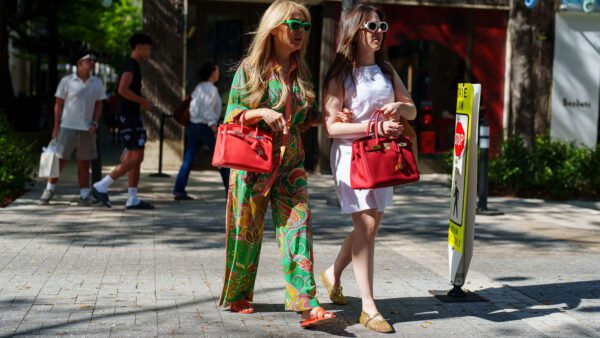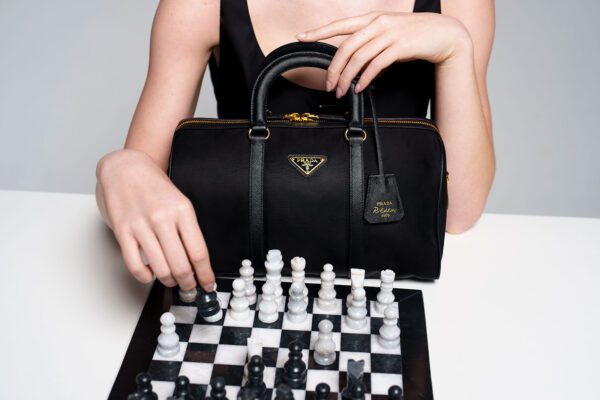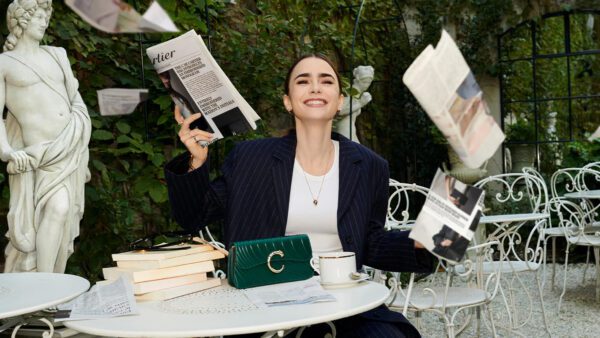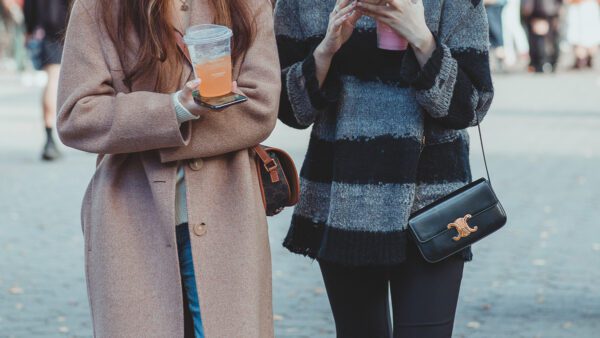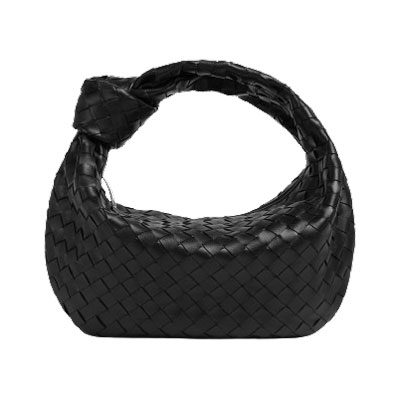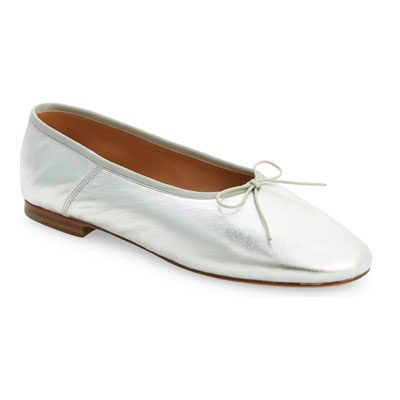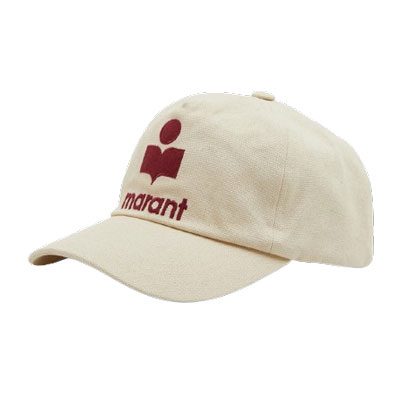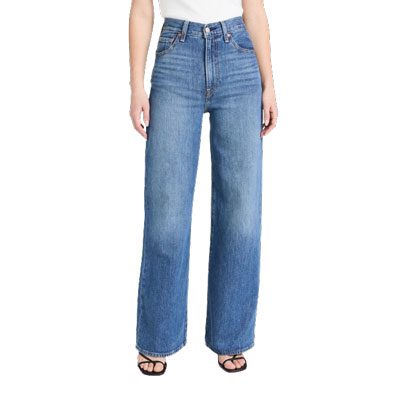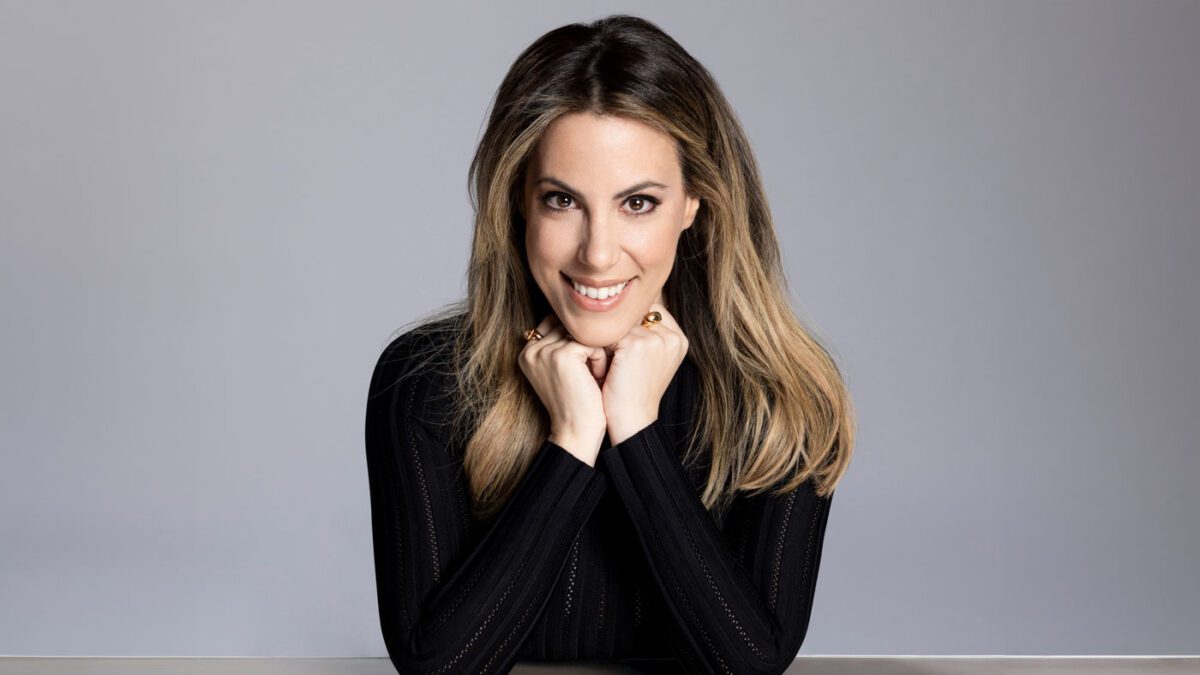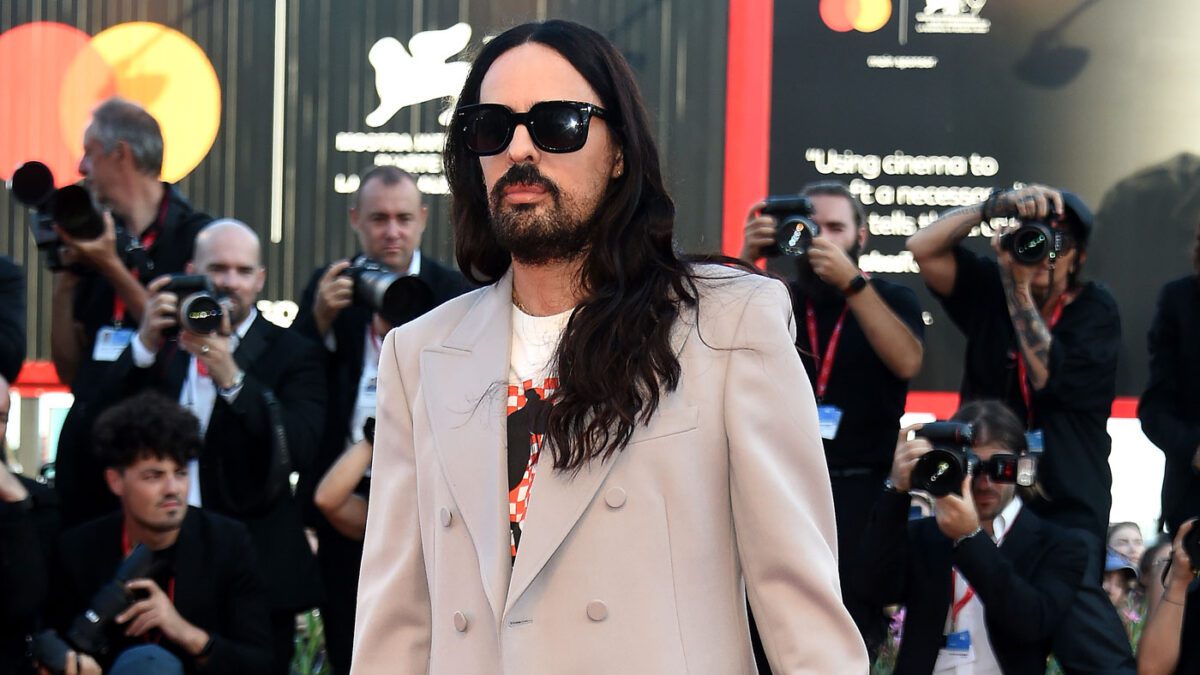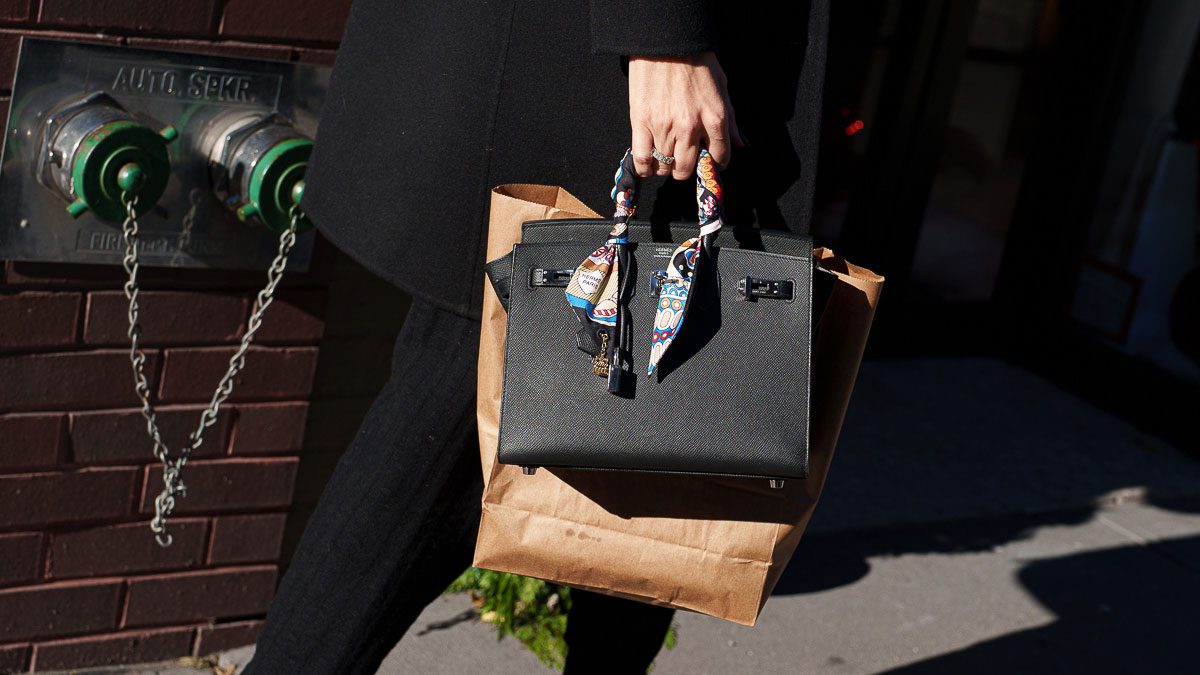In luxury fashion, there are pockets of time when seemingly every influencer suddenly becomes enamored with a specific “it” item. In late 2017 and early 2018, it was the Bulgari Serpenti Bag. Popular influencers like Victoria Magrath (@inthefrow), Tamara Kalinic (@tamara) and Lydia Elise Millen (@lydiaemillen) all sang its praises in posts that popped up within a few months of one another. Magrath featured her electric blue patent Bulgari bag in a blog post, writing, “I have seen this bag on the arms and shoulders of so many of my favourite bloggers recently, and I have a feeling that the Bulgari buzz is certainly here to stay for some time.” That buzz, of course, lasted only until the next “trend” item was dispersed. But when it’s time to move onto a new free bag, where do the old ones go? For a lot of influencers, cleaning out their closets means potentially selling thousands of dollars worth of gifts.
Sometimes these influencers and celebrities work with resale sites to help them clean out their closets, and some sales apps are willing to offer them sponsorship deals to be their location of choice. In the past, we’ve seen these sponsored shops with big names, like Chiara Ferragni partnering with Depop, or the Kardashians holding closet sales through the RealReal to benefit charity.
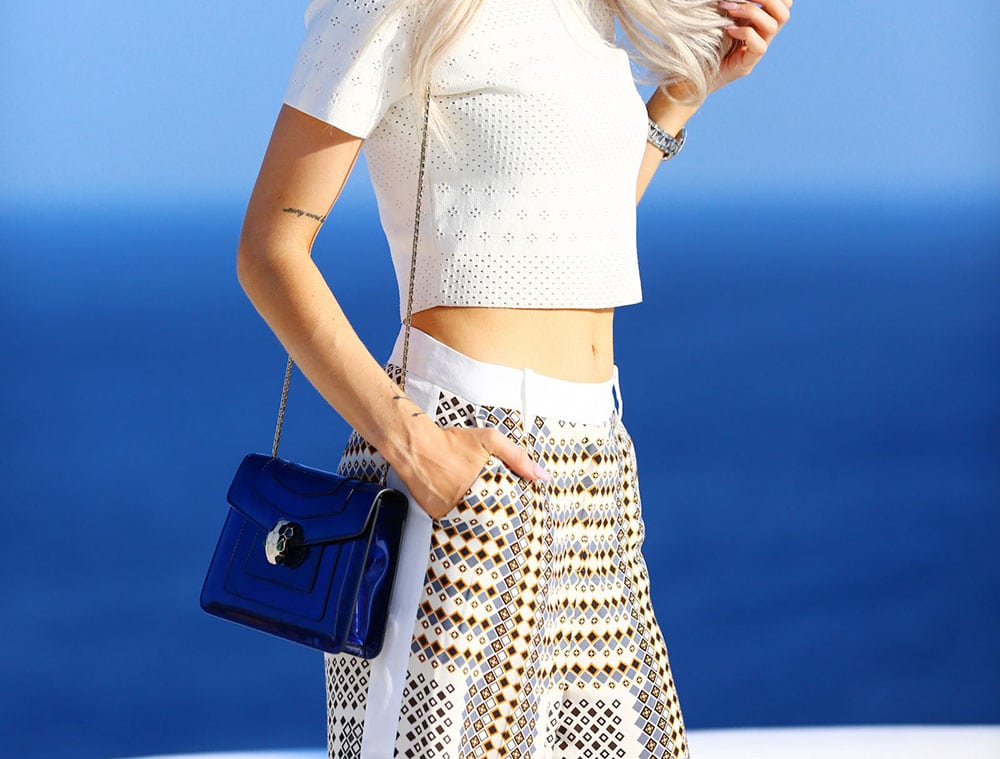
At least in the beginning, online influencers rose to popularity because what they were doing seemed authentic when compared to traditional fashion media. Digital stars are well-liked because they create either a relatable vision or an aspirational spark for their followers; unlike traditional celebrities, these influencers make money by essentially being “themselves” through a more curated form, and their reach is undeniable.
“Some influencers have like a million followers who are tapping into their posts every single day,” said Chelsea Carter, the Head of Content at Whalar, an influencer marketing platform. “I think that the fashion brands sometimes relied more on PR than they have on influencers, and I think that’s changing now because they can see the audiences aren’t reading magazines anymore – they’re following Instagrammers.”
It’s this same idea that caused brands to want a piece of the digital pie. According to a 2017 research report conducted jointly by Fashion and Beauty Monitor and Econsultancy, 73% of luxury brands now work in the influencer marketing space – an attitude that has shifted in just the last ten years alone.“[A brand] is able to afford so much more with an influencer than with the traditional creative agency,” Carter said. “Influencers are the production company, they’re the photographer, the model, the set and styling [and] design people all in one.”
But there’s a backside of this influencer marketing industry that pulses beneath the #goals: gifting. PR companies and brands have always given away products, especially to celebrities and models, but gifting can throw a wrench into an influencer space built on the audience’s perception of authenticity. When it comes to that Bulgari bag, for example, influencers like Josie Fear (@JosieLDN, also known as “Fashion Mumblr”) and Arabella Golby (@arabellagolby) knicked the “cult item” façade when they mentioned in YouTube reviews that the brand reached out to them and gifted them the bag.
At this point, gifting has become a bit more transparent, and it’s actually caused some fashion influencers, like Karen Blanchard (@karenbritchick), to buck the trend in favor of presenting a more unique point of view and experience for her followers. “I’m very conscious of what is extremely popular on Instagram. For example, I’ve noticed that PR companies that represent brands often gift influencers at exactly the same time, and you can see that. So it’s the reason why you see a certain ugly sneaker or a certain Chloé bag, and you see every major influencer is wearing it all at the same time. It’s not coincidence,” Blanchard said. “So when I see that, it makes me very aware – especially in terms of my profession – to not necessarily buy into it.”
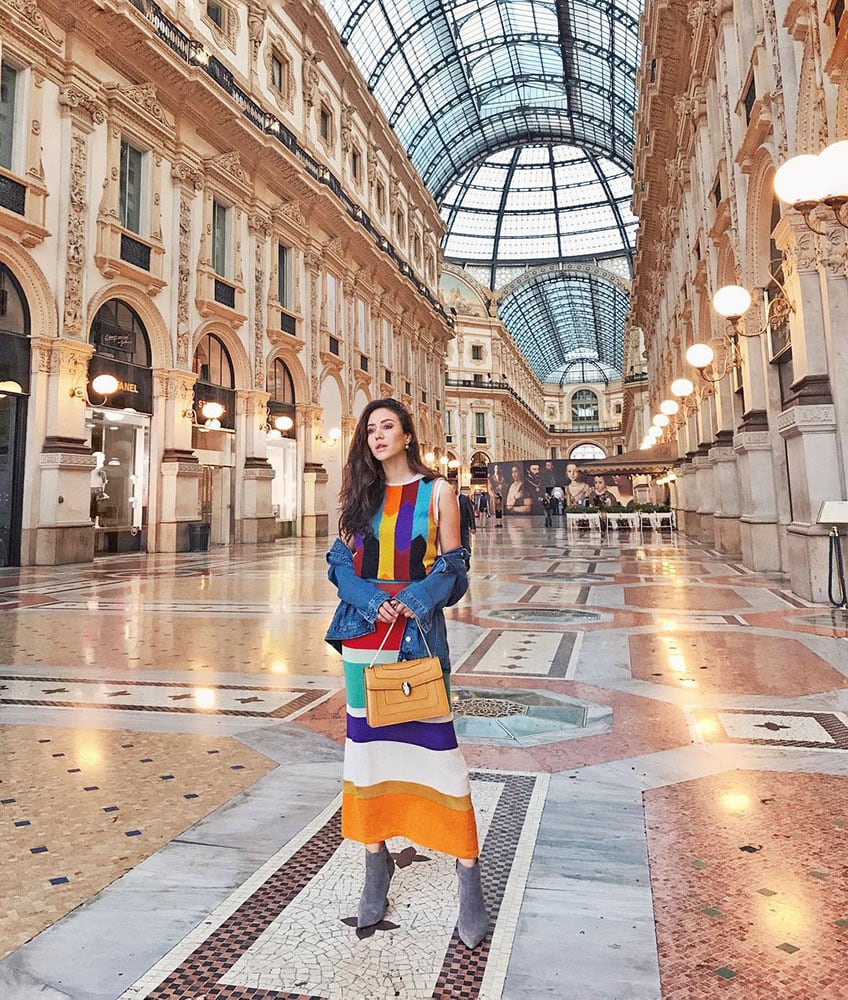
Blanchard is the creator of the fashion blog Where Did U Get That, and she compares this mass repetition of a particular gifted item to hearing a record on the radio constantly. With nearly a decade of experience working in the social media space, she says that while this strategy was effective in the beginning, it’s not always beneficial for the influencer’s audience, whose budgets may not align with pricey designer gifts.
Blanchard says PR agencies and brands may reach out to influencers with free items, press showroom invites to preview a new collection (and leave with a free item or two), partial discounts, or a chance to loan out items for an event. In return, there’s an expectation that an influencer will create content highlighting the brand. While some influencers make serious cash (in some cases, up to six figures) in exchange for their endorsements, others are only paid via gifting. That attitude has also begun to shift.
“The influencers now start to realize their worth, such that they’re worth more than just gifting, and they should be getting paid for the work that they’re doing. I think maybe two years ago it was okay to just gift someone because [for] these brands [it was] more of a PR act,” Carter said. “Whereas now you have to gift them because you need something to make content with…If you want great content, you’ve got to pay these people…because the producing process takes [time].”
That demand for constant content, though, means multiple partnerships are usually in play. Blanchard says she’s worked with so many brands over the years that she’s lost count. That type of exposure is a recipe for plenty of packages, which also means plenty of clutter.
“Once [influencers] have worn or used that item – whether it’s for the season, two seasons, three seasons, [or] a year – they want to turn [it] over to wear different things because by the nature of their job, their turnover of clothes is going to be higher than the average person,” Blanchard said. “You can’t keep it all because you’re just going to drown in it. You’ve got to get rid of it.”
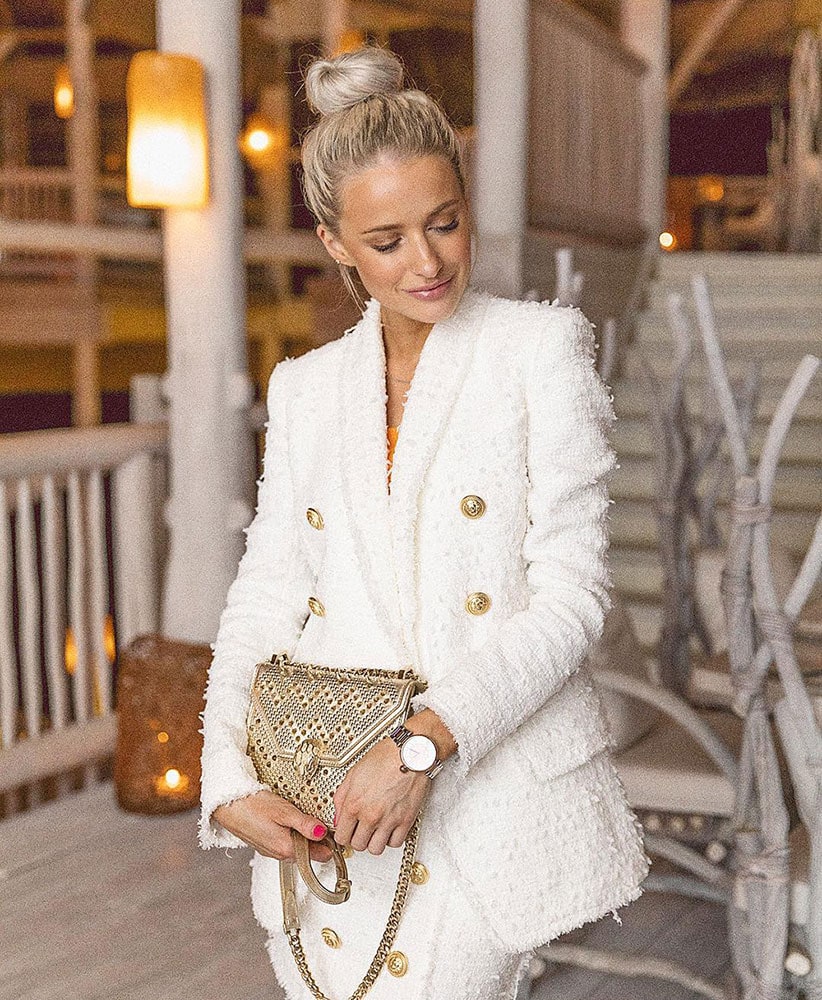
Plenty of influencers have Depop and eBay pages, but that’s where things can get tricky. With careers built on visibility, these influencers can’t necessarily just hawk a gifted designer bag on the resale market without their followers, or influencer community, noticing. Blanchard says she hasn’t been gifted any of her luxury bags and paid for all them out of pocket but says followers do have the right to be a bit irked if their favorite influencer tried to make a profit off of a gifted luxury item through an “upsell” technique.
“If an influencer was gifted a bag by Gucci, and she used it for a season and then she turned around and put it on a Depop, I would be annoyed as a reader if she put it at retail or put it close to retail [price]. I think that she should give it as a deal so that [followers] can get it…for way less than they would anywhere else,” she said.
So are these influencers within their right to resell gifted items? It depends on who you ask and how exactly they go about it. On Tamara Kalinic’s Depop account, there’s a clear disclaimer stating that all proceeds from her page are donated to charity. Kalinic’s page is filled with plenty of high-end makeup products – an overflow that is quite common in the beauty space, especially. Those massive makeup haul videos you see from YouTubers are usually PR “unboxings” of gifted items from brands who will send these influencers their makeup items in every shade imaginable.
Some other influencers aren’t so transparent. Again, that brings up questions of authenticity. As a follower, hypothetically, if your favorite influencer claims to love a gifted item so much, but then turns around and sells it on Poshmark for double the price, it can create a confusing narrative and one that Carter says Whalar would not tolerate.
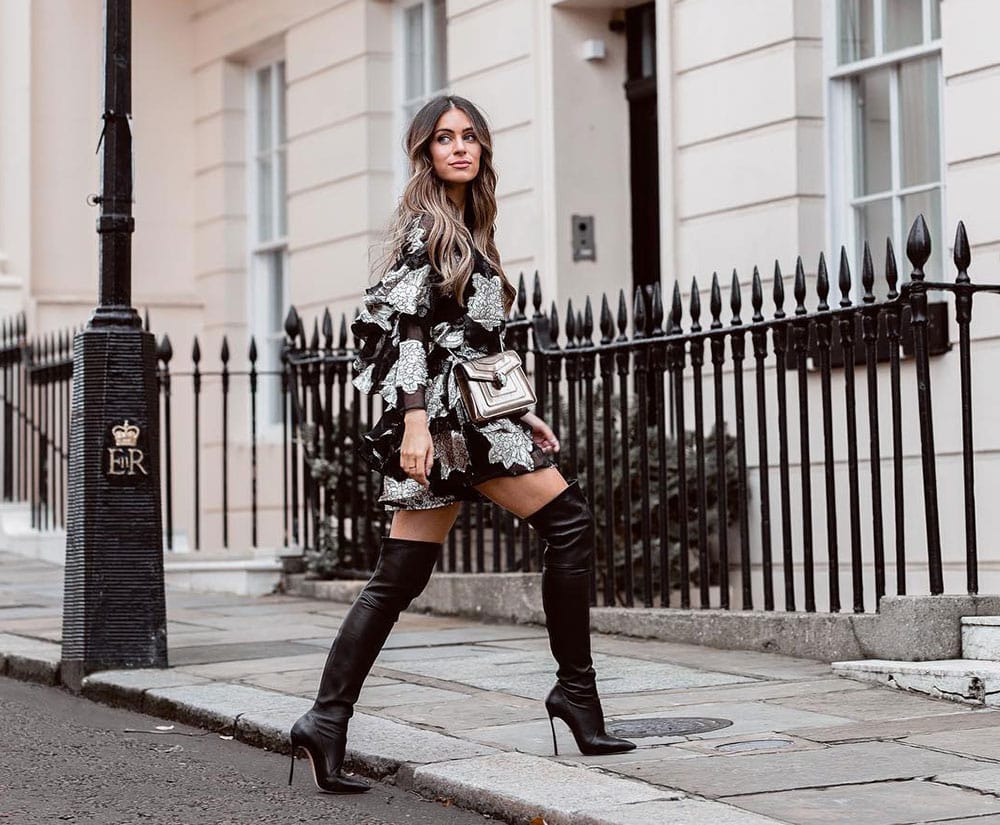
“I think if we saw one of our influencers doing that we wouldn’t keep them on the platform anymore,” she said. “When [influencers] are gifted a product, they’re gifted a product because they need to create an advert with that, and then to sell it? I mean I’ve never seen anyone do it. It’s just kind of not really right.”
“That goes to the authenticity thing,” she said. “That shows that you actually didn’t care about that product, and we always kind of try to pair the right influencers with the right brands to make sure that they actually like the products they’re selling because otherwise, what’s the point?”
This type of behavior also crosses into the discussion of disclosure when it comes to ad and sponsored content on social media. If the gifted item in question was, in fact, part of a paid campaign, selling it could also land that influencer in some hot water from the Federal Trade Commission.
“If someone’s given a free product, they promote the product and talk about how they love the product without disclosing that they were paid or given a free product and then sell [that] product? They need to disclose that,” said FTC senior attorney Michael Ostheimer. “It doesn’t matter that they sold the product. They still got the benefit of the value of the product, and it feels like something that influencer’s followers would probably care about.”
In April 2017, the FTC sent out letters to more than 90 influencers and brands warning them about disclosing their content as sponsored. They sent out follow-up letters to 21 of those same influencers who continued to ignore the rules. Ostheimer says so far they’ve only brought serious cases against a handful of brands, and that the responses from those warned parties was cooperative and positive. To clear up any confusion, the FTC also recently updated its Endorsement Guides online in order to prevent any miscommunication in the future.
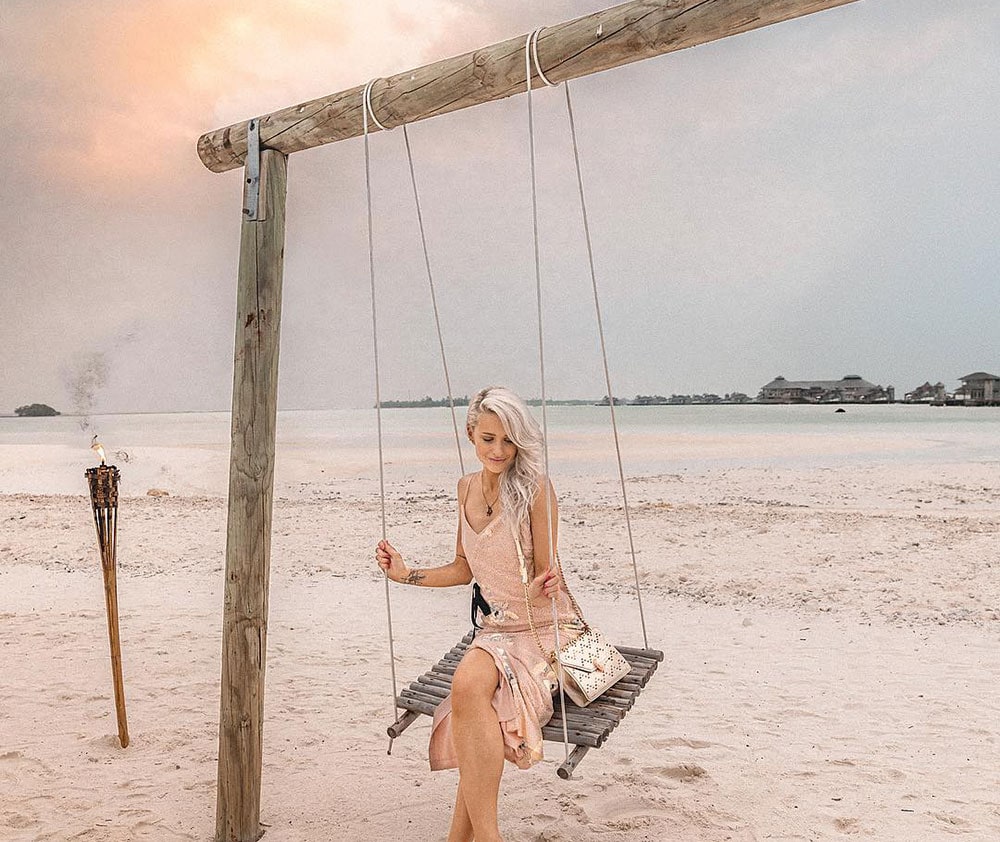
“If their endorsement itself is rendered deceptive or false by them getting rid of [the item], then there’s a problem,” Ostheimer said. “With respect to individual influencers, if there’s some sort of conduct along that line, we generally try to educate them first. If there was an influencer where their conduct was egregious or where they continued to engage in problematic conduct after we had contacted them or warned them, then we might proceed with a case against them.”
Which is why, again, when we see an influencer put up an item for sale online that they photographed just once, it does a disservice to both the brand and influencer, and the audience realizes that maybe that partnership wasn’t that sincere or substantial to start with.
“I think when influencers get a bit shady about hiding who they’re working with it’s because they don’t actually like the brand they’re working with, and in that case it’s a bad partnership and it shouldn’t have happened in the first place,” Carter said. “We always kind of say our influencers are consumers themselves, so they would never want to promote [something] they wouldn’t actually buy.”
So how can these influencers offload gifted items in a way that both curries favor with a brand while remaining in good standing with their followers? It’s simple, Blanchard says.
“Everyone loves a giveaway,” she said. “It’s not just optics.” Blanchard recently had a makeup giveaway on her YouTube channel that featured numerous products that Tarte sent her.
Giveaways are also a great way to spread the wealth when an influencer has duplicates of the same item. After buying a separate Bulgari Serpenti bag, Lydia Elise Millen actually featured the one she was gifted from the brand in a special giveaway on her YouTube channel as a way to celebrate hitting 500,000 subscribers. Again, giveaways are a win-win: the influencer’s closet becomes a little bit lighter while providing a lucky follower with a piece of that vision he or she aspires to in the first place.
“I like doing stuff like that because I think why shouldn’t you?” Blanchard said. “You’ve already been blessed with what you’ve got, and you’ve been given so much stuff. Share it!”


